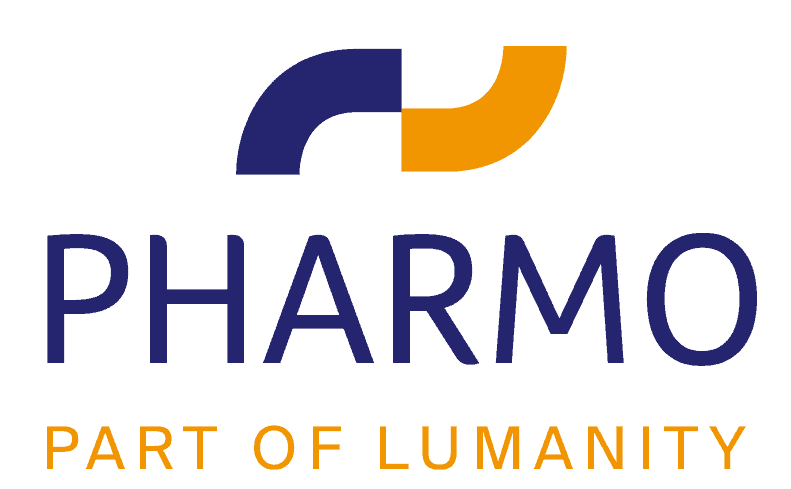Non-vitamin K antagonist oral anticoagulants, proton pump inhibitors and gastrointestinal bleeds
To evaluate if proton pump inhibitor (PPI) treatment reduces the risk of upper gastrointestinal bleeding (UGIB) in patients with atrial fibrillation (AF) treated with non-vitamin K antagonist oral anticoagulants (NOACs).
